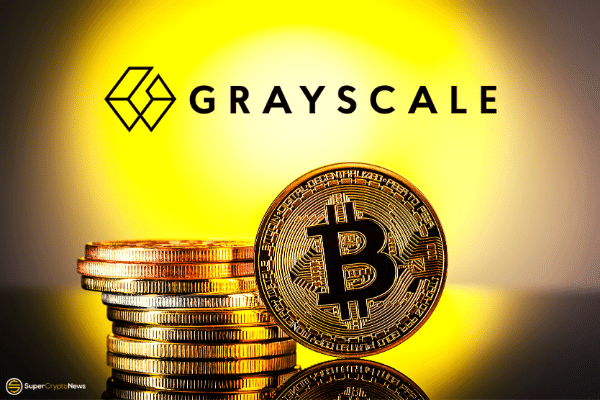
-
Whether it’s Grayscale Bitcoin Trust or the shiny new futures-based ProShares Bitcoin Strategy ETF, if investors want to buy bitcoin, they should setup their private wallets and just go ahead and buy it.
- After much anticipation, the ProShares Bitcoin Strategy ETF started trading yesterday, but it is NOT an ETF backed by actual bitcoin, instead it is backed by futures tied to the cryptocurrency.
Substitute spread isn’t butter. Substitute sweetener isn’t sugar. Substitute milk didn’t come from a cow.
So if you want the real thing, just get the real thing.
And nowhere is this more pertinent than when it’s come to bitcoin.
Whether it’s Grayscale Bitcoin Trust or the shiny new futures-based ProShares Bitcoin Strategy ETF, if investors want to buy bitcoin, they should setup their private wallets and just go ahead and buy it.
Because when they buy a futures-based bitcoin ETF product, they’re not getting bitcoin, not by a longshot.
After much anticipation, the ProShares Bitcoin Strategy ETF started trading yesterday, but it is NOT an ETF backed by actual bitcoin, instead it is backed by futures tied to the cryptocurrency – the same way dating the cousin of Beyonce isn’t the same as dating the diva herself.
What’s the difference though you may ask?
While the vast majority of commodity based mutual funds and ETFs are backed by futures, that’s because of practical difficulties with actual physical storage.
Also, with almost all commodities, most of the trading action and liquidity tends to happen in the futures market, not the spot, whereas with bitcoin it’s the opposite.
Futures-based ETFs also come with the cost of carry.
When commodity futures are in contango (the price of long-dated contracts trade above the forward month contracts), there is a significant cost to roll futures contracts from one month to the next (because there is a price difference) and that cost is passed on to investors.
While futures generally trade in contango (long-dated futures are higher than nearer-dated ones), this isn’t always the case and backwardation can occur, when deferred month contracts trade below front month contracts, which helps ETFs that track futures because they earn a positive roll yield.
And while most futures contracts tend to converge with the spot price towards expiry, this isn’t always the case either, especially for bitcoin.
But most importantly, a futures-based bitcoin ETF may fail to do what it was designed to, track the price of bitcoin.
If past precedents are any guide, even a commodity like oil, which is volatile, but nowhere near as volatile as bitcoin has proved challenging for an oil futures-based ETF to track.
The United States Oil Fund, which invests in crude futures purports to have an average daily percentage change that’s just 10% of the comparable move in benchmark oil contracts over 30 trading days, but as recently as Monday, was about 90% off the mark.
Imagine what it would be like for a futures-based bitcoin ETF.



